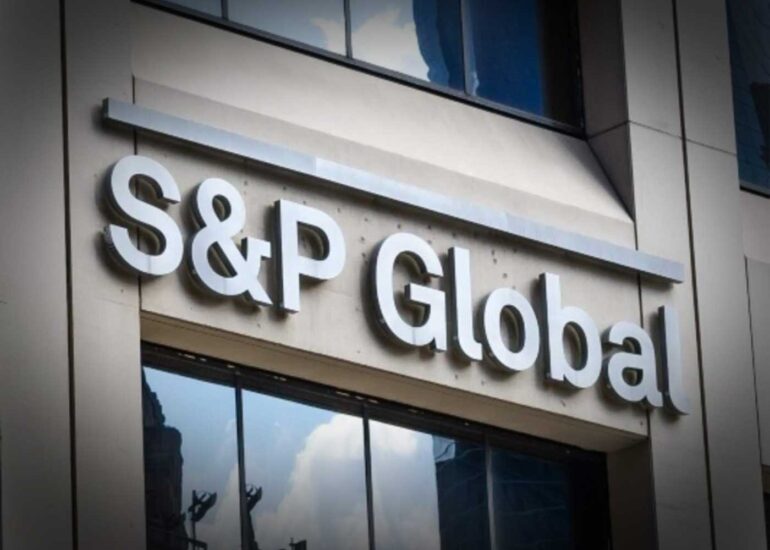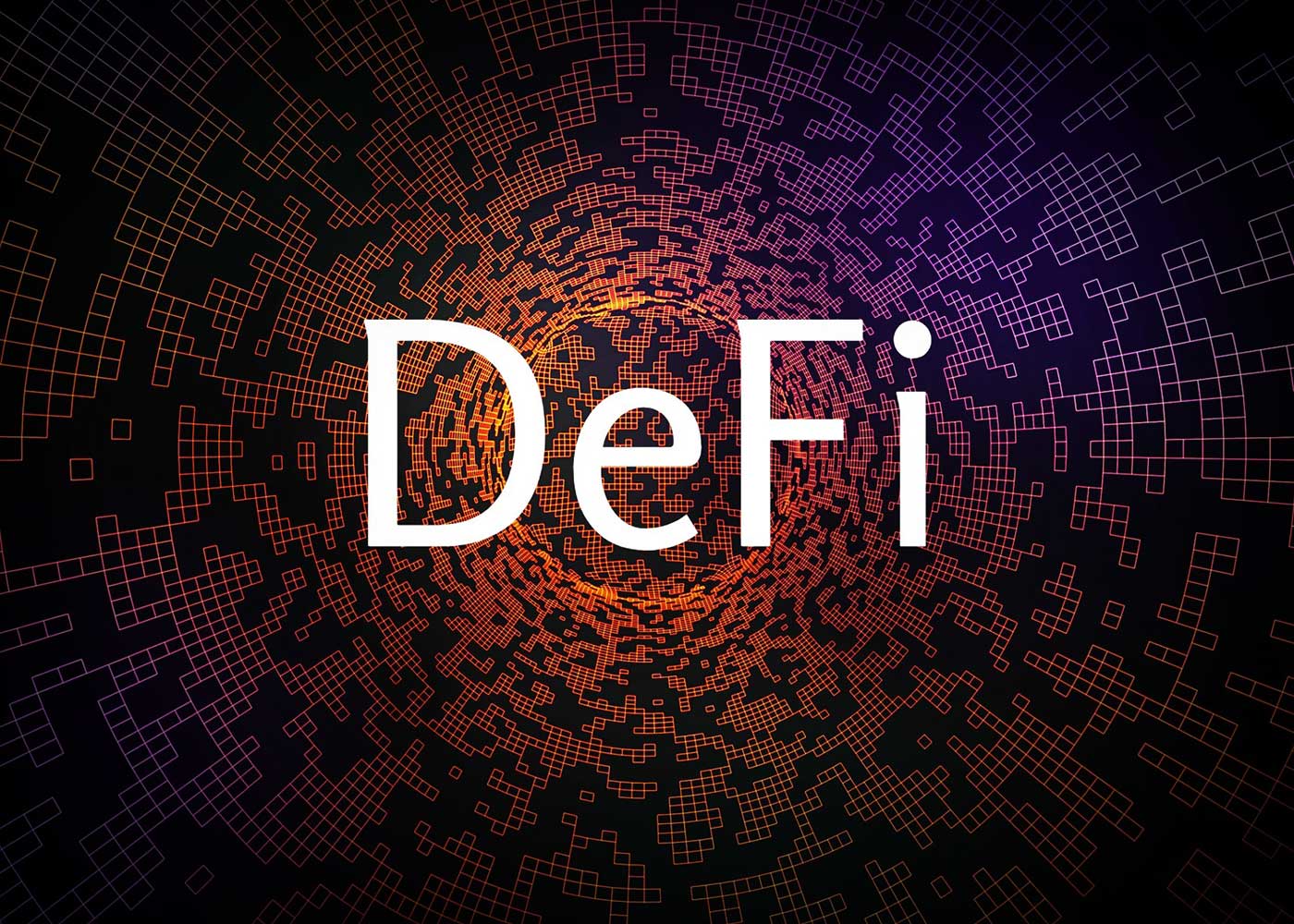As new protocols try to enable the securitization of real-world assets, the use case for decentralized finance (DeFi) in conventional finance may expand in the years to come, claims a recent study from credit rating agency S&P Global Ratings. If the DeFi securitization is done correctly, these decentralized financial protocols might garner substantial institutional interest.
Is it Risky or Innovative?
In a research titled “DeFi Protocols For Securitization: A Credit Risk Perspective,” S&P Global predicted that financing real-world assets, or RWAs, will likely be a major area of attention for DeFi protocols going ahead. S&P Global highlighted several advantages DeFi could bring to securitization, even though the sector is still in its earliest stages. These advantages include lowering transaction costs, enhancing asset pool transparency, lowering counterparty risks, and facilitating quicker payment resolution for investors.
DeFi securitization does include certain risks, though. In addition to the possibility of a mismatch between assets valued in fiat currency and liabilities based in digital currency, S&P Global cited legal and operational risks related to their issuance. A successful DeFi securitization business or one that fails to draw interest from traditional financing may depend on how these risks are managed.
S&P Global: The DeFi Sector is Rising in Popularity for its Effectiveness
The DeFi sector gained popularity in the middle of 2020 as investors were drawn in by the prospect of greater yields and simpler access to credit markets. The majority of measures indicate that DeFi activity peaked in November of 2021 when total value locked (TVL) on DeFi platforms surpassed $180 billion. This popularity may exponentially grow if DeFi securitization is dealt with care.
The process of creating security tokens that reflect actual tradeable assets, or asset tokenization, has long been considered a potential use for blockchain technology. According to Ernst & Young, tokenization builds a link between physical assets and their use in an intermediary-free digital environment. Tokenization can “provide liquidity to otherwise illiquid and non-fractional markets,” according to the consultancy firm.
You may be interested: It Turns Out Arthur Hayes Is a Giant GMX Whale




